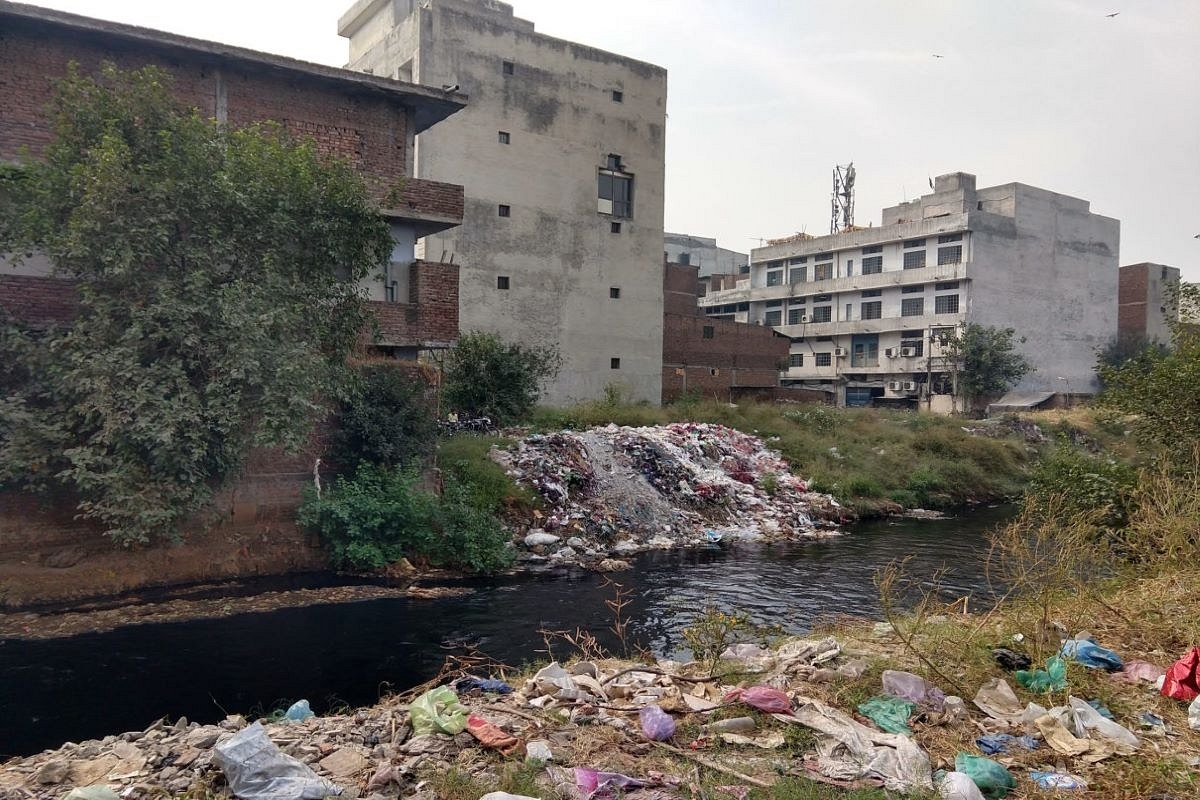Infrastructure
Days After It Imposed Rs 3500 Crore Penalty On West Bengal For Failure To Treat Waste, NGT Now Slaps Over Rs 2000 Crore Fine on Punjab

Ludhiana/mongabay dot com
The National Green Tribunal has imposed a penalty of over Rs 2,000 crore on the Punjab government for its failure to treat solid and liquid waste, leading to a huge gap in their generation and treatment.
A bench headed by NGT Chairperson Justice A K Goel said corrective action cannot wait for an indefinite period and health issues be deferred for long.
Responsibility of the State is to have a comprehensive plan to control pollution which is its absolute liability, which is not being understood.
If there is deficit in budgetary allocations, it is for the state and the state alone to have suitable planning by reducing cost or augmenting resources, the bench said.
It said that the compliance of environmental norms on the subject of waste management has to be high on priority.
According to the NGT, the total compensation is rounded off at Rs 2,180 crore.
Out of this, Punjab government has already deposited with the tribunal Rs 100 croe for its failure to prevent discharge of untreated sewage and solid waste.
The remaining amount of Rs 2,080 crore may be deposited by the State of Punjab in a separate ring-fenced account within two months, the bench said.
NGT is monitoring compliance of Municipal Solid Waste Management Rules, 2016 and other environmental issues by states and Union territories.
Rs 3,500 crore on the West Bengal government
Earlier this month, NGT imposed a penalty of Rs 3,500 crore on the West Bengal government for the huge gap in solid and liquid waste generation and treatment.
The green panel said the state government does not appear to be prioritising setting up of sewage and solid waste management facilities though according to the state's budget for 2022-2023, there is provision of Rs 12,818.99 crore on Urban Development and Municipal Affairs.
Observing that health issues cannot be deferred to the long future, a bench headed by NGT Chairperson Justice A K Goel said it is the constitutional responsibility of the state and the local bodies to provide a pollution free environment.
The NGT noted that out of 2,758 million litres per day of sewage generation in urban areas and the treatment capacity of 1505.85 MLD (by setting up 44 STPs), only 1268 MLD is reported to be treated, leaving a huge gap of 1490 MLD.
(With inputs from PTI)
Support Swarajya's 50 Ground Reports Project & Sponsor A Story
Every general election Swarajya does a 50 ground reports project.
Aimed only at serious readers and those who appreciate the nuances of political undercurrents, the project provides a sense of India's electoral landscape. As you know, these reports are produced after considerable investment of travel, time and effort on the ground.
This time too we've kicked off the project in style and have covered over 30 constituencies already. If you're someone who appreciates such work and have enjoyed our coverage please consider sponsoring a ground report for just Rs 2999 to Rs 19,999 - it goes a long way in helping us produce more quality reportage.
You can also back this project by becoming a subscriber for as little as Rs 999 - so do click on this links and choose a plan that suits you and back us.
Click below to contribute.
Latest